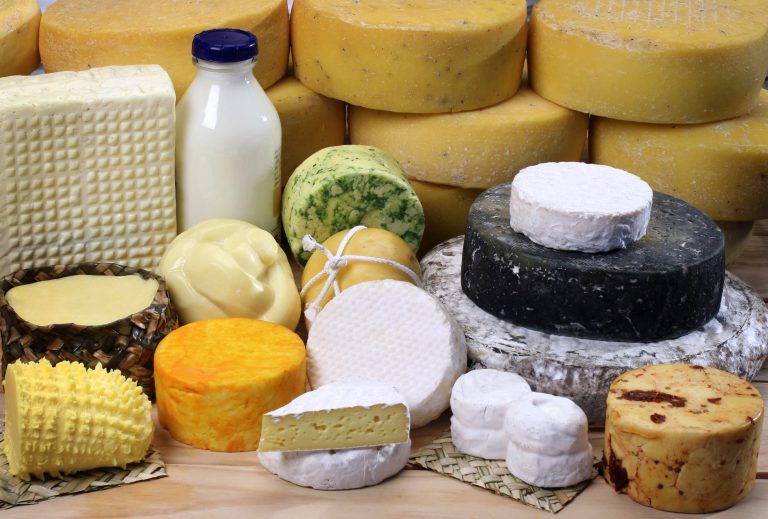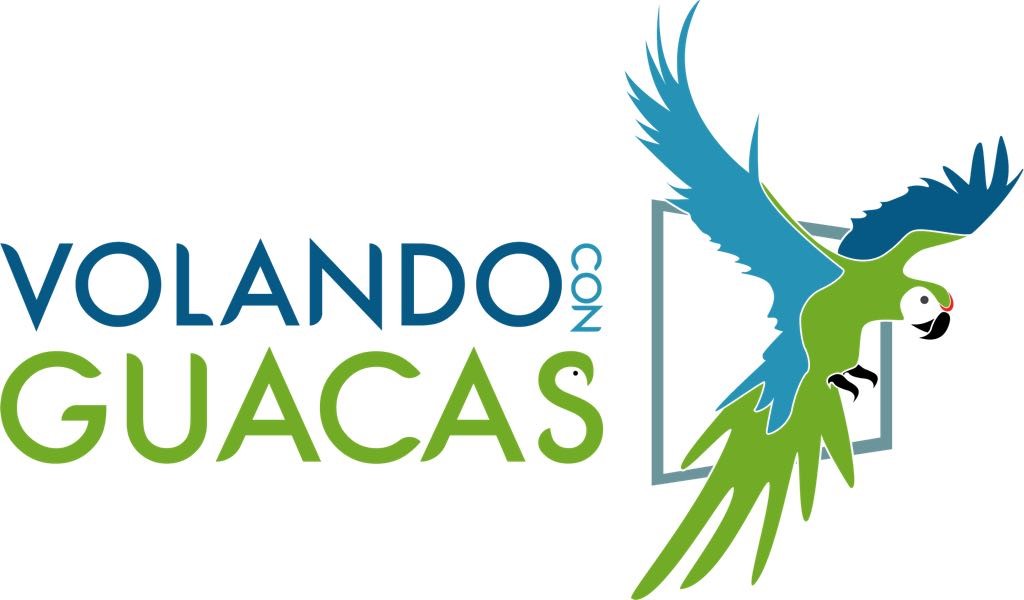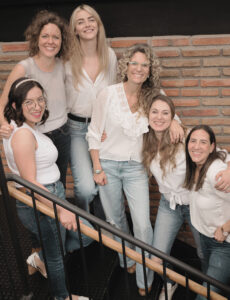Learn more about the mennonite communities in northern Mexico
If you drive through Mexico with a rental car, it won’t be boring at a red light. Often, local vendors will provide food and snacks such as candies, lollies, chewing gum and refreshing drinks. In addition to the physical well-being, entertainment is also provided by jugglers, clowns and even fire artists at night. All this for just a few voluntary cents that can be handed out of the window just before continuing on your way.
However, the Menonites are particularly striking in this whole frenzy at the stoplights. Vendors look like they came from the set of “Our Little Farm”. Tall blond people with fair skin and freckles are not common in Mexico: the men wear huge blue overalls and look like big children; the women and daughters, on the other hand, look like Mary, Laura & Co.: flowing, old-fashioned dresses with aprons, bows and braided hair hidden under modest bonnets. They earn their living by selling cookies and cheese “Queso Menonita”. Who has had the pleasure and is wondering what these unique communities are all about? Here is the answer.
The Mennonites represent a minority in Mexico. In 2009 there were approximately 1.6 million followers of this religious community worldwide. At 42%, most of them live in North America. It is an evangelical religious community that emerged from the Baptist movement of the Reformation in Germany. To date, a large number of them speak a limited German dialect. Historically closely related to the Mennonites are the Amish who split off from the Mennonites in southwestern Germany, Alsace and Switzerland in the 1690s. The visual similarity is hard to miss.
In Cuauhtémoc, about 82km from the city of Chihuahua, around 50,000 parishioners live in more than 200 villages, cut off from civilization, completely autonomously, in two larger groups:
While the conservative Mennonites hold onto the old traditions of their ancestors, such as the rejection of modern technology (electricity, cars and tractors are rejected as a work of the devil!) And do not allow contact with non-Mennonites, the groups of liberal Mennonites allow contact with the Mexican population and non-Mennonites and also support broader formal education.
The majority of the Mennonites are farmers and produce various agricultural products. The Cuauhtémoc Mennonites are known for their dairy products. The cheese they make is sold all over the country. They also operate the largest apple orchards in Mexico and maintain cattle and horse breeding. However, poverty is rampant. The 1994 NAFTA free trade agreement flooded the market with cheap grain from the north, one drought year chased the next, and because every decent Mennonite couple gives birth to eight, ten or twelve children, the countryside is becoming a difficult way to supprt a family. For this reason, many are forced to make money outside the community.





